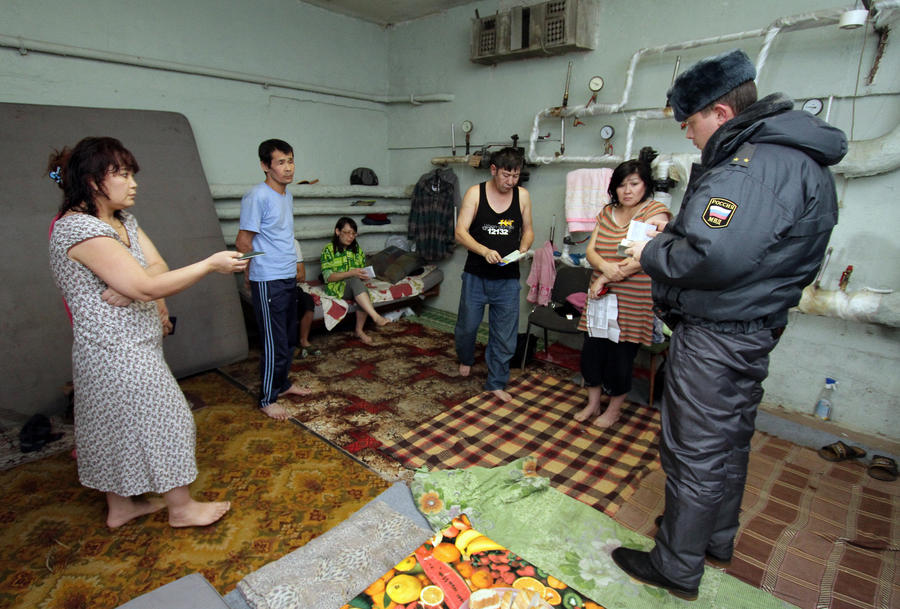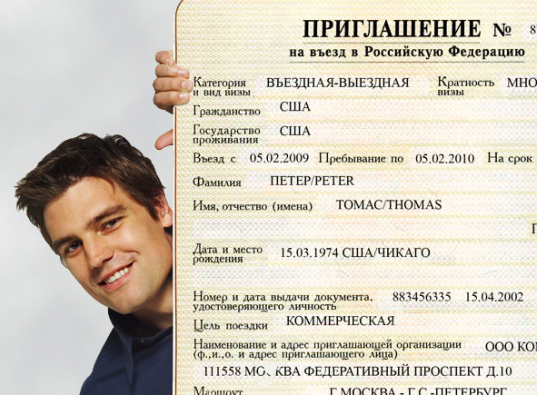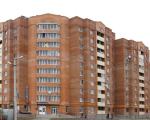Penalty for accommodation without registration, in which case it is imposed
Despite the fact that the institution of propiska in our state has been softened in the direction that it does not give any right to real estate, penalties for late registration remain.
This is due to some security measures. Therefore, you need to know that for late registration, fines can be imposed both on the person who overstayed it, and on those with whom such citizens live.
These legal relations are regulated by the Code of Administrative Offenses. According to current regulations, any citizen must be registered at the place of his residence or location within 90 days.
If this does not happen, it means that a special administrative protocol can be drawn up against him, which will indicate the violation found.
Thus, a fine is issued for staying without registration.
It is clear that the law sets a period of 90 days, but you need to carefully understand from what time it starts to flow, and when it ends.
According to the general rules, the moment of expiration of time limits in administrative proceedings begins at 00:00 a.m., after the action has been committed.
For example, a person sold his apartment, in which he was registered on the 25th, and checked out on the 26th. It follows from this that 90 days will be calculated only from 00 hours on the 27th.

Now it is necessary to understand the question of when it passes. There is also nothing complicated here. If 90 days ends on the 10th, then the protocol can only be drawn up on the 11th, since the deadline falls at 00:00 on the 11th of the month.
Having understood the deadlines, you can give some advice on how to extend them.
The first thing you need to pay attention to is that in our state a special registration service is engaged in registration and discharge.
Previously, it was a passport office, or ZhEK. But ZhEK could not carry out registration in any way without the permission of the state body.
Therefore, so that the regulatory authorities do not have questions, and the drawn up protocol is canceled in court, it is better to submit the documents before the end of the above period, and in case of claims, present a letter to the official that the documents are being registered.
The second thing you need to pay attention to is that only a police officer can draw up such protocols, usually this is done by the district inspector in charge of the administrative section.
If he does not find the offender at home, he will not be able to draw up a report on the latter. But this advice is better to apply when the documents are submitted for registration.
It is important to know that if the deadline is overdue for good reasons, then no penalty is due to the person.
Some more information about the rules for registering citizens at the place of residence:
What are the penalties for not being registered?
In order to figure out what the penalty for living without registration is, you need to clearly understand who they are imposed on, and whether there is a difference in their amount.
The first thing you need to pay attention to is the circle of persons who may be subject to fines:
- persons who did not register on time at their place of residence;
- persons who have not registered at the place of temporary residence;
- citizens from whom people rent living space, but on the basis of a residential lease agreement;
- legal entities, in which residents can live in specially equipped residential premises on the basis of leasehold rights.

The next criterion that determines the amount of fines is the locality.
According to the current legislation, increased fines for the above violations are assigned in cities that have the status of Federal. These are Moscow and St. Petersburg. In them, the amount of monetary penalties increases significantly.
Now you can move on to the amounts of monetary penalties imposed for registration.
If this violator is a citizen who checked out from one place and could not register in another place, then the amount of the penalty can be from 1 thousand to 3 thousand rubles.
This amount also applies to those who had a temporary residence permit, and overdue it, did not renew it.
A separate amount of fines for such persons in Moscow and St. Petersburg. It will be, respectively, from 3,000 rubles to five thousand.
Now, with regard to citizens who rent out their housing for rent. If they refuse to temporarily register their citizens, then they face a penalty in the amount of 3,000 to 5,000 rubles in any region of our state.

And in Moscow and St. Petersburg, it will be from 5 thousand to 7 thousand rubles, respectively.
As you can see, the amounts are quite serious.
It is especially necessary to pay attention to this, legal entities that are engaged in professional rental of housing.
For them, the amount of fines has its own size. In cities and other regions, the penalty will be from 50 thousand to 750 thousand rubles.
If such an enterprise comes across in cities of federal significance, then the monetary penalty will start from 750 thousand rubles to 900 thousand.
As can be seen from this, the greatest responsibility is imposed on legal entities.
It is important to know that many people who rent their apartments or houses to other people are in no hurry to register them temporarily, fearing that in this way the latter will be able to take away their housing.
This is not correct, and it must be clearly understood that a temporary registration does not give the right to an apartment or a house.
Is there a fine if the child does not have a residence permit?
The next question is what to do if the regulatory authorities have revealed residence without registration at the place of residence of the child, then is there a fine provided for in position 113.

In order to answer this question, it is necessary to return to the administrative code. It clearly establishes the rules for imposing financial sanctions, as well as cases in which there is no violation.
These include the fact of living with the owner or tenant of housing, who has registration in the prescribed manner, close relatives, where the law refers children, those who are under guardianship, and are also adopted.
Therefore, parents should clearly understand that in order to avoid significant financial sanctions, they must obtain a residence permit themselves, and then write a statement that a child lives with them, in which they indicate his personal data and age.
Such actions will save them not only from communicating with regulatory authorities, but will also enable the child to avoid problems with placement in children's institutions, as well as medical institutions.
But you need to remember that when the child turns 14 or 16 years old, he will need to be registered, since from that moment he becomes partially capable, and he has rights.

This issue can become especially acute if he claims a part of real estate, or the last parents want to sell.
Full legal capacity comes from the age of 18, so registration should be mandatory at this age.
This rule applies more to those citizens who, for whatever reason, do not have their own housing, and rent it.
The owners of such real estate always need to be explained that nothing will happen to them for a child who lives with their parents, but the latter must receive at least temporary registration.
This is especially monitored by bodies that are called upon to protect the rights of children.
It is important to know that although no fines are imposed on children, parents must do everything possible to ensure that the child is registered.
He also has the full right to real estate, and the absence of his registration will not make it possible to sell a house or apartment without a decision of the board of trustees.
What is the responsibility for the lack of registration foreign citizens
Registration and a fine for its absence also apply to foreign citizens, as well as persons who do not have citizenship at all. The law is the same for everyone.
Penalties on persons of other states, or who do not have citizenship at all, are no different from those imposed on citizens of the Russian Federation.

It's just the registration process, for foreigners it's a little more complicated. First of all, they must apply to the migration services in order to obtain a visa, as well as permission to officially stay on the territory of our state.
After receiving all the necessary documents, they can begin the registration process.
The period of 90 days for this category begins to be calculated from the moment when they become registered with the migration service and receive all the necessary documents.
It follows that they are subject to similar penalties as mentioned above.
But for citizens of the Russian Federation and legal entities, in addition to penalties, there is also criminal liability if it is established that they made a fictitious registration for foreigners, or prescribed them with significant violations.
For living without registration, the Code of Administrative Offenses provides for an extensive system of fines.
To avoid them, you need to understand that a citizen and a stateless person has 90 days to register after being discharged from another place of residence.
Write a question to the housing lawyer in the form below
30 Sep 2016 127



